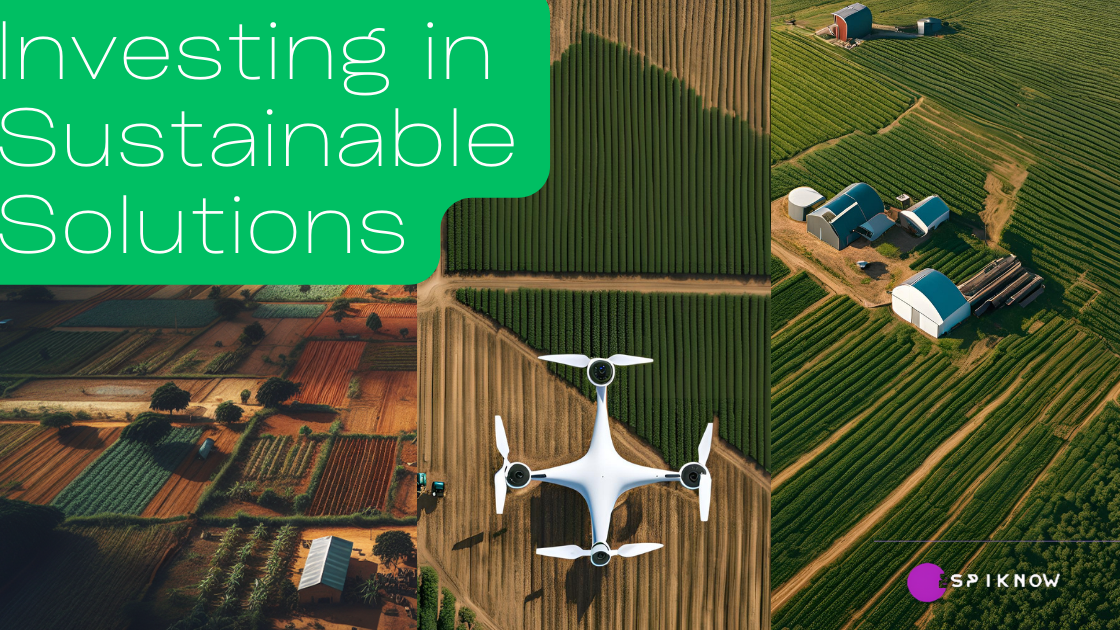
Can you imagine a world where farmers use AI to optimize their crops and increase yields? In Africa, this is becoming a reality as AI technologies are transforming agriculture.
How AI is Transforming Agriculture in Africa
AI is revolutionizing agriculture by enhancing crop management, boosting efficiency, and promoting sustainability. These advancements are crucial in a continent where agriculture is a primary livelihood for many.
Enhancing Crop Management
AI is improving crop management in several ways:
Precision Farming: AI uses data from sensors and drones to monitor soil conditions and crop health, enabling precise interventions. This ensures that crops receive the right amount of water, nutrients, and protection from pests.
Predictive Analytics: AI models predict weather patterns and pest outbreaks, helping farmers plan accordingly. This allows farmers to take proactive measures to protect their crops and optimize yields.
Automated Irrigation: AI systems optimize water usage, ensuring crops get the right amount of water without waste. This is particularly important in regions where water resources are scarce.
Boosting Efficiency with AI Tools
Efficiency is key to successful farming, and AI tools are making a difference:
Automated Machinery: AI-powered machinery can plant, water, and harvest crops with minimal human intervention. This reduces labor costs and increases efficiency.
Supply Chain Management: AI optimizes the supply chain, reducing waste and ensuring timely delivery of produce. This helps farmers get their products to market faster and more efficiently.
Market Insights: AI provides farmers with market trends and pricing information, helping them make informed decisions. This ensures that farmers can maximize their profits and reduce losses.
Supporting Sustainable Agriculture
Sustainability is a major concern in agriculture, and AI is helping address this:
Reducing Chemical Use: AI identifies the precise amount of fertilizers and pesticides needed, reducing environmental impact. This not only protects the environment but also ensures that crops are safe for consumption.
Soil Health Monitoring: AI monitors soil health, helping farmers maintain fertile land. This ensures that soil remains productive for future generations.
Resource Optimization: AI ensures the optimal use of resources like water and energy, promoting sustainable practices. This reduces the environmental footprint of farming activities.
Conclusion
AI is revolutionizing agriculture in Africa, offering tools and insights that enhance crop management, boost efficiency, and promote sustainability. By embracing AI, African farmers can increase their yields and improve their livelihoods.